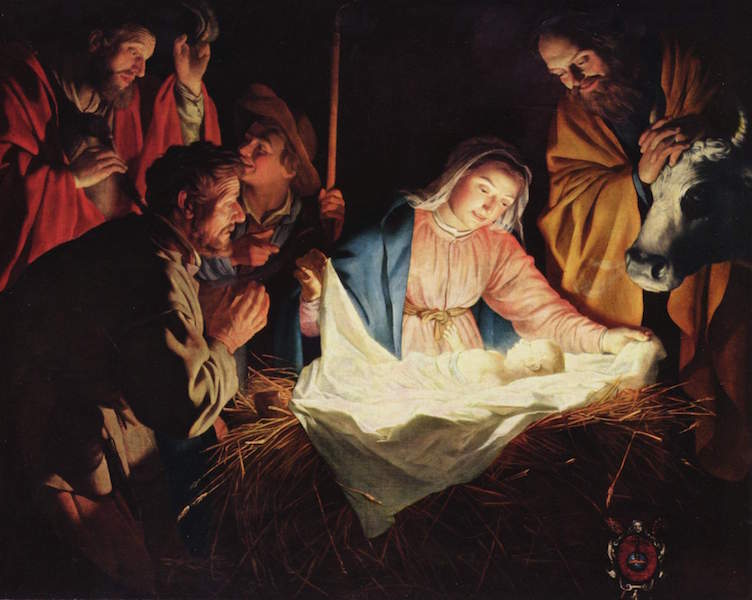Students discuss the Christ in Christmas
The story of Christmas has changed over time from purely religious to commercial.
December 22, 2016
Store windows. Television screens. Radio waves. It’s everywhere.
“It” is Christmas, and its advertisements are all around. Many businesses see the Christian holiday celebrating the birth of Jesus Christ as an opportunity to make a profit.
Despite the religious roots of the holiday, only 51 percent of Americans plan to attend a Christmas service, according to a Pew Research survey in 2013, while 86 percent of people buy gifts for friends and family.
At CHS, 94 percent of students celebrate Christmas, while only 54 percent consider themselves practicing Christians, according to a survey from Nov. 29 to Dec. 1 of 248 students. Therefore, some people may celebrate for non-religious reasons.
Sophomore Caitlin McLaughlin of Lincroft believes the commercial aspect of Christmas can overpower the religious side, but only if one lets it.
“I’m religious, and I think that people who are religious tend to focus on a different side of Christmas,” McLaughlin said. She pays most attention to “celebrating the coming of Christ and doing good works to help people.”
Junior Ebbie Shim of Spring Lake Heights, a practicing Methodist, thinks the money-oriented version of Christmas takes away from the real reason to celebrate.
“Charlie Brown is complaining about how Christmas is so commercialized and literally, that is me,” Shim said. “If you go to what Christmas means or what it is, it’s the coming of Christ, and I think that that should just be the focus.”
Shim also said that Christmas gets an unfair amount of coverage; there are other holidays going on at the same time.
On the other hand, senior Anna Vernick of Ocean believes the emphasis on Christmas is understandable.
“Chanukah is only important because it’s around the same time as Christmas: there’s really no religious significance,” Vernick said. “I do, however, think the story of Chanukah is very important in that it talks about overcoming strife and appreciating miracles.”
Freshman Ainsley Vetter of Wall thinks people can see through all of the advertisements to the initial meaning of Christmas.
“I think it’s good that people still know the true meaning even though the commercialized stuff still exists,” Vetter said.





